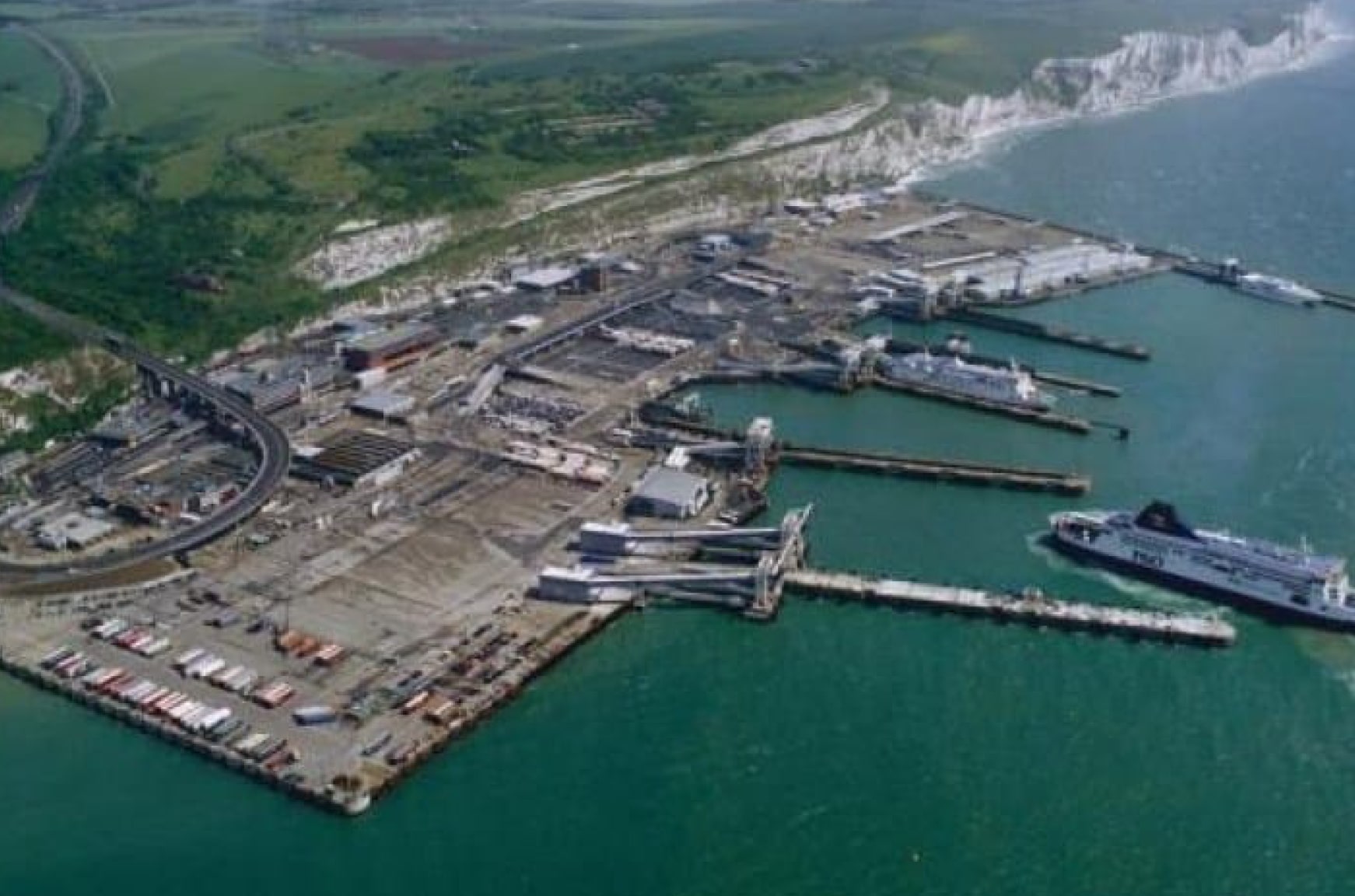
Port bosses claim new EU border fingerprint checks could cause severe disruption to next year’s holiday season.
Port of Dover Chief Executive Doug Bannister warned a new system of biometric checks could cause ‘significant and continued disruption for a very long time’.
It follows a summer of strife due to a shortage of French officials.
Now, Britons travelling to the Continent must apply for a three-year travel authorisation document under the Entry-Exit System (EES).
Each time they try to cross into Europe, passengers will have to prsent a facial image and provide four fingerprints.
Details including first name, surname, date of birth, nationality, sex, travel document and the three-letter country code must all be required, with only children under 12 years exempt.
The new rules apply for ports, airports and other border checkpoints for travellers entering from outside the EU.
However, Dover and the Eurostar at Folkestone are likely to see the biggest queues especially next summer.
Port bosses say non-EU passport holders could take as long as 10 minutes per vehicle to check through Dover, compared to the current 90-second average it takes to wave cars through.
Logistics UK says it could leadd to 19-mile tailbacks in Kent.
The new system is effective from May after it was delayed for a year.
Mr Bannister told MPs : “It’s going to have a higher impact on families wishing to go abroad next summer.
“We’ve heard that there could be some technology that is sort of an iPad with handholds to register the fingerprints. But we haven’t trialled it. How do you pass that around a car? What happens if you’ve got a child asleep in the backseat?
“What if it’s a dark stormy night and the lighting is inappropriate? We haven’t tested all of that.”
He added: “We need to see what the technology is going to be, we need a sufficient amount of time to trial, test and train to use that technology before implementation.”
Trials are set to begin this month in Calais and Mr Bannister has been invited to attend but the port has not been given any other details of the scheme.
Asked at the committee what passengers will have to do, he said: “I know activity is ongoing but, as I sit in front of the panel today, we don’t have that answer.”
The system is similar to the one used in the US where tourists must provide personal information that is checked against databased before granting approval.
Mr Bannister warned the changes will “have significant and continued disruption for a very long time”.
He added: “We need to know what the rules of the game are.
“We need to see what the technology is going to be, we need a sufficient amount of time to trial, test and train to use that technology before implementation.”
Tens of thousands of families saw their holiday plans ruined in July due to miles of gridlocked traffic around the Kent port.
This was blamed on a lack of French border police.
Asked what steps have been taken to avoid a chaos returning, Mr Bannister told MPs: “What we anticipate is that we would have an earlier warning if they are unable to man to appropriate resource levels.
“Then we can enact any of the contingency plans on our side to try and do the traffic management.”
The Port of Dover, which operates 24 hours a day, handles roughly half of the freight and car movements leaving and entering the UK.
Eurotunnel, which departs Britain a few miles up the A20 at Folkestone, takes the rest of the traffic on its round the clock schedules.